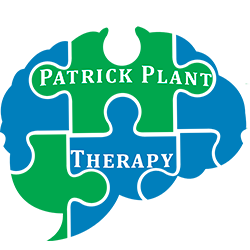Choice Therapy, developed by William Glasser, posits that human behaviour is driven by the internal motivation to satisfy five basic needs: survival, love and belonging, power, freedom, and fun. Central to this theory is the idea that individuals have control over their actions and are responsible for the choices they make, even when facing difficult circumstances.
According to Choice Theory, psychological distress arises when individuals fail to meet their needs in effective ways. Instead of focusing on past events or external factors, this approach emphasizes personal responsibility and the ability to change behaviours to improve life satisfaction. Glasser believed that relationships, particularly those that foster love and belonging, are crucial to emotional well-being.
In therapy, Choice Theory encourages clients to evaluate how their current behaviours and decisions are helping or hindering their ability to meet their needs. By making more effective, responsible choices, individuals can improve relationships, enhance mental health, and achieve greater personal fulfillment.

